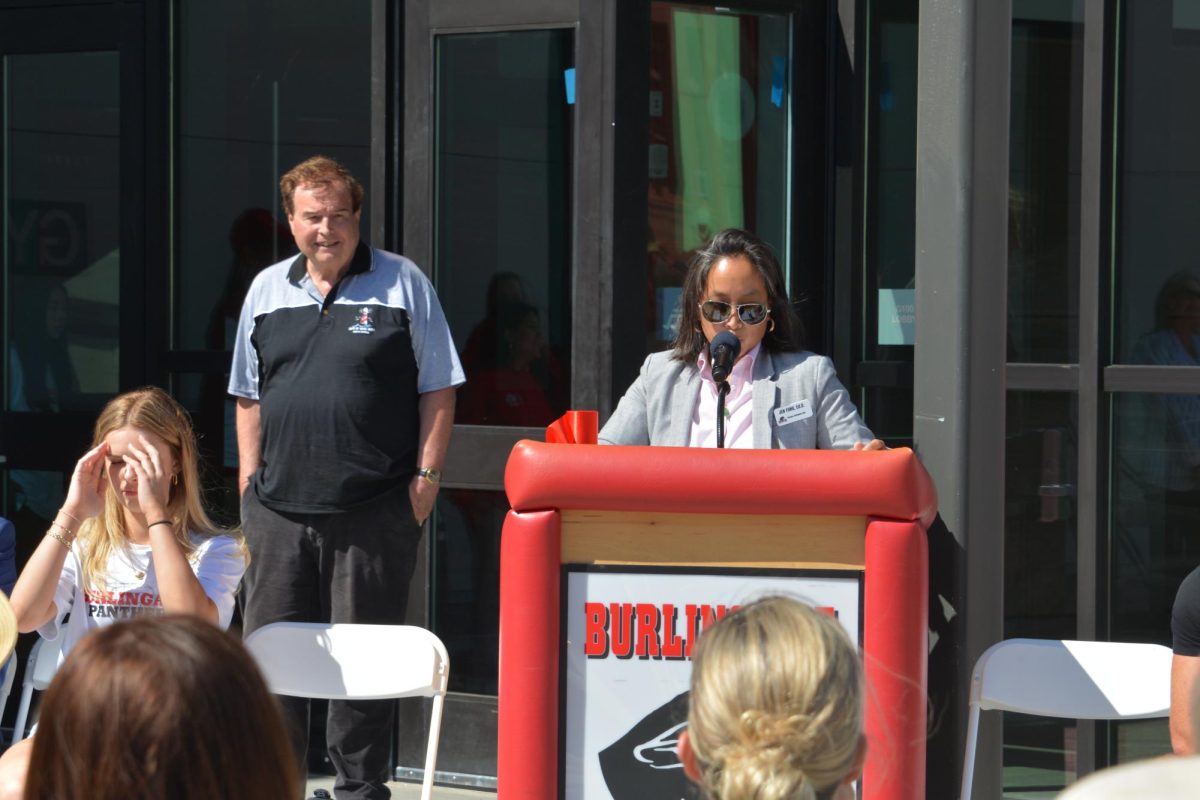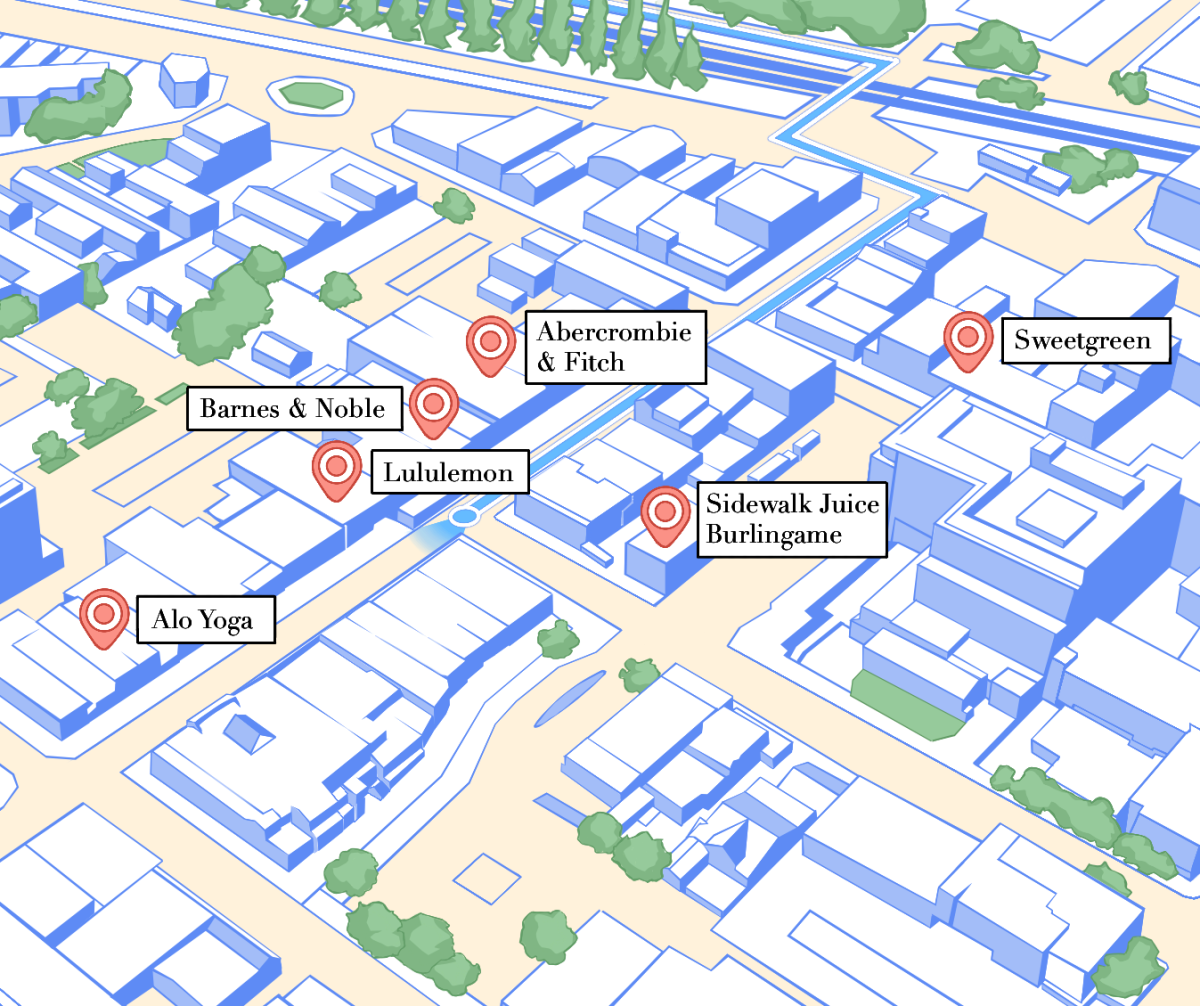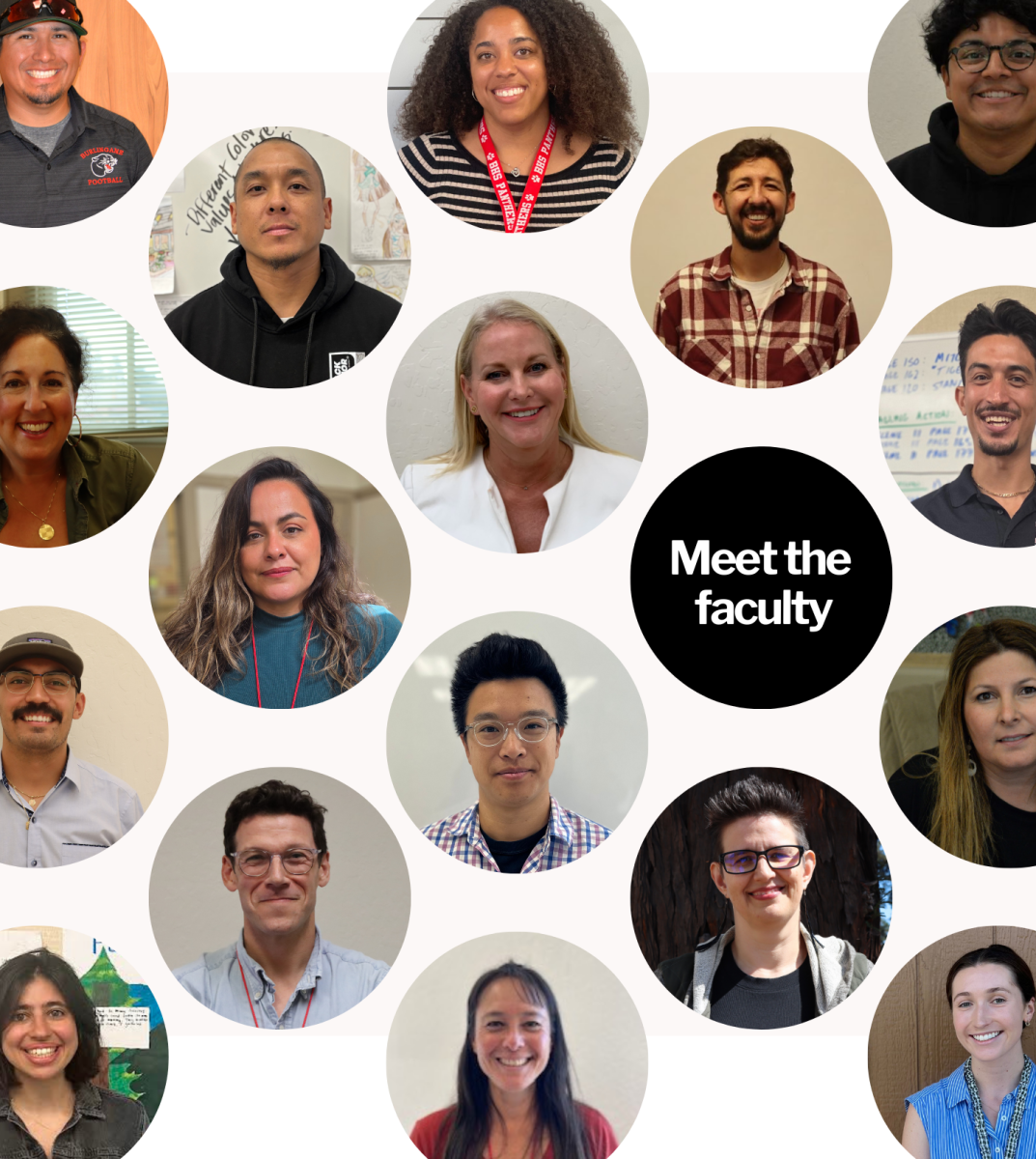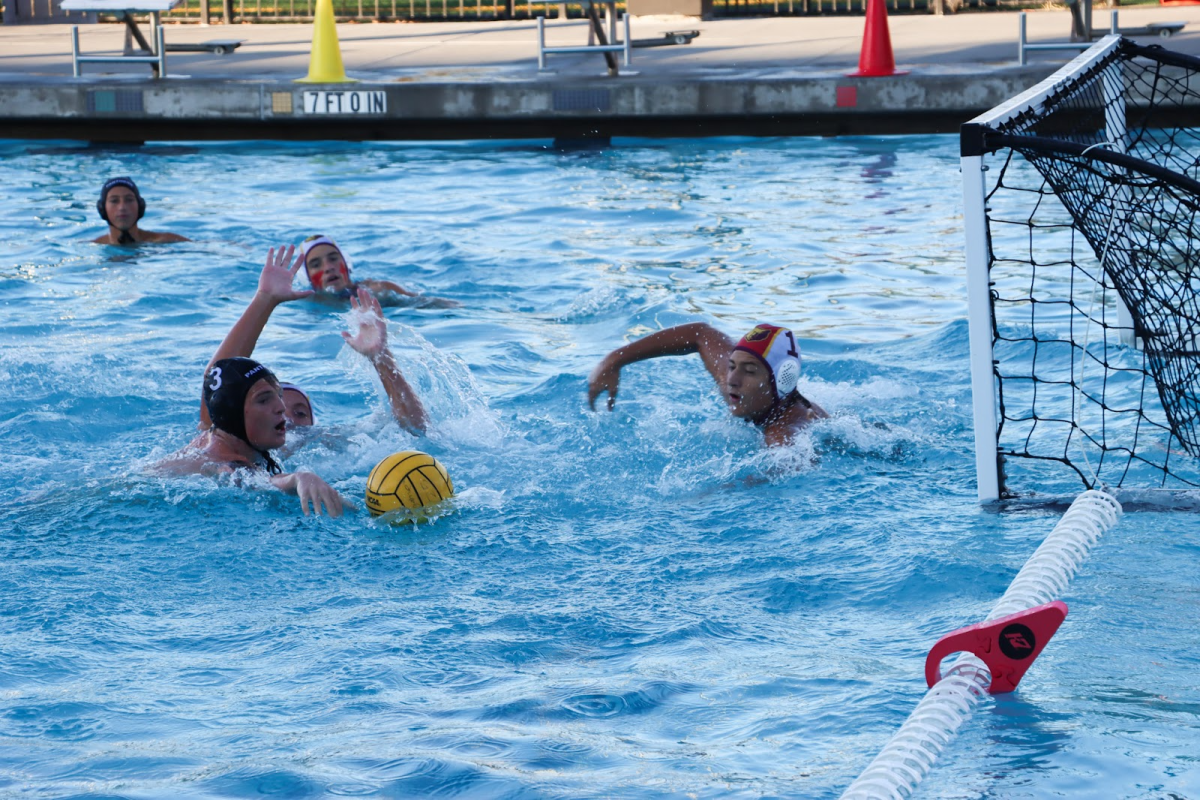Walk through any city or neighborhood in the Bay Area, and it will be impossible to avoid the growing number of tutoring centers, or the students — from high schoolers to the tiniest first graders — trudging in on weekends or right after school for two-hour long sessions.
Due to highly competitive school environments in the Bay Area, many either express a desire to be academically advanced compared to their peers but end up struggling with challenging curricula in addition to intense course loads.
Whether it’s Kumon with their signature unsmiling face logo or the Russian School of Mathematics (RSM), these so-called “places of learning” are a parent’s desperate attempt to save their child’s academic career by paying thousands of dollars for unorganized teaching, unhelpful teachers and a curriculum centered around repetition rather than a true understanding of the material.
I’ve attended several tutoring centers, including RSM. For two years, my Saturday mornings were blocked off with three-hour long sessions of Algebra II and precalculus classes until I finally quit due to the intense time commitment and the lack of support I received from my teachers.
With classes of ten or more students, teachers are unable to spend sufficient individual time with each student, putting into question the high prices. The curriculum is also memorization-heavy, meaning students must follow teachers with sometimes difficult to understand foreign accents through long explanations of mathematical concepts without checks for understanding or opportunities to test their retention.
Centers like Kumon use the same techniques, relying on repetitive packets for math and reading. These packets, which are organized by curriculum level and are purchasable online, leaves students stuck at a certain level until they surpass the difficulty of said levels. This demoralizing process encourages students to circumvent learning by cheating their way out of the level.
By searching for answers online, solving problems with online calculators and using platforms such as Brainly — an online homework help platform — students learn how to cheat rather than learning the curriculum. For high schoolers whose work is already piling up every day, additional assignments from tutoring centers that value accuracy over understanding may harm their chances of success rather than helping them progress in school.
From my own time as an RSM student, I recall teachers openly sharing the highest scores in the classroom and shaming students who prioritized schoolwork over the work handed out by tutoring centers. If anyone scored lower than 80% on their homework, teachers would confront those students, often threatening to email parents if similar “behavior” continued.
These tutoring centers also aim to push students into the highest possible level of whichever mathematical or literary concept they offer, even when students lack full understanding of the fundamental concepts. When taught overly difficult concepts in a two month time frame, students find themselves confronted with confusing material and will inevitably give up on the tutoring homework.
To avoid spending additional money in an economy like ours, parents need to realize the inefficiency of tutoring centers and begin pulling their children out of these stressful environments to focus more on their actual schoolwork. If students begin struggling in both school and a program designed to help them succeed academically, it’s clear that those parents should not send their kids to learning centers.















































